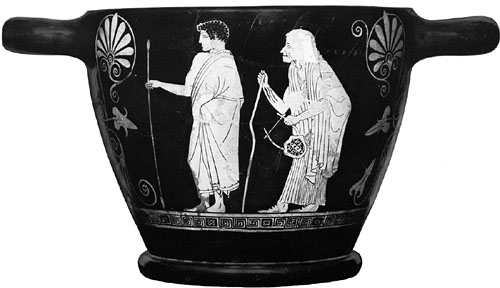The term “pedagogy” traces its roots to the Greek word paidagōgía, meaning “to lead a child.” The word originally referred to the practice of guiding children to school. This role was usually assigned to slaves. These individuals, known as pedagogues, were entrusted with not only escorting children but also overseeing their behavior to make sure the child performed all the tasks effectively.
In ancient Greek society, the pedagogue was more than a mere escort. Despite their social status as slaves, they played a crucial role in the intellectual development of young children, instilling discipline and foundational knowledge. From ensuring safety of the child while traveling to and from the school to overseeing the behavior of the child, helping the child with their studies to communicating with teachers and parents on the progress, a pedagogue handled a variety of responsibilities.
In modern education, pedagogy refers to the method and practice of teaching. It involves how teaching is delivered to students, including the techniques, and styles they use to help students learn effectively. It covers everything from lesson planning and classroom management to the use of technology and the ways teachers engage and motivate students.
While the role has evolved significantly, the core essence of pedagogy—guiding and nurturing students—remains unchanged, reflecting its ancient roots in a contemporary setting.



